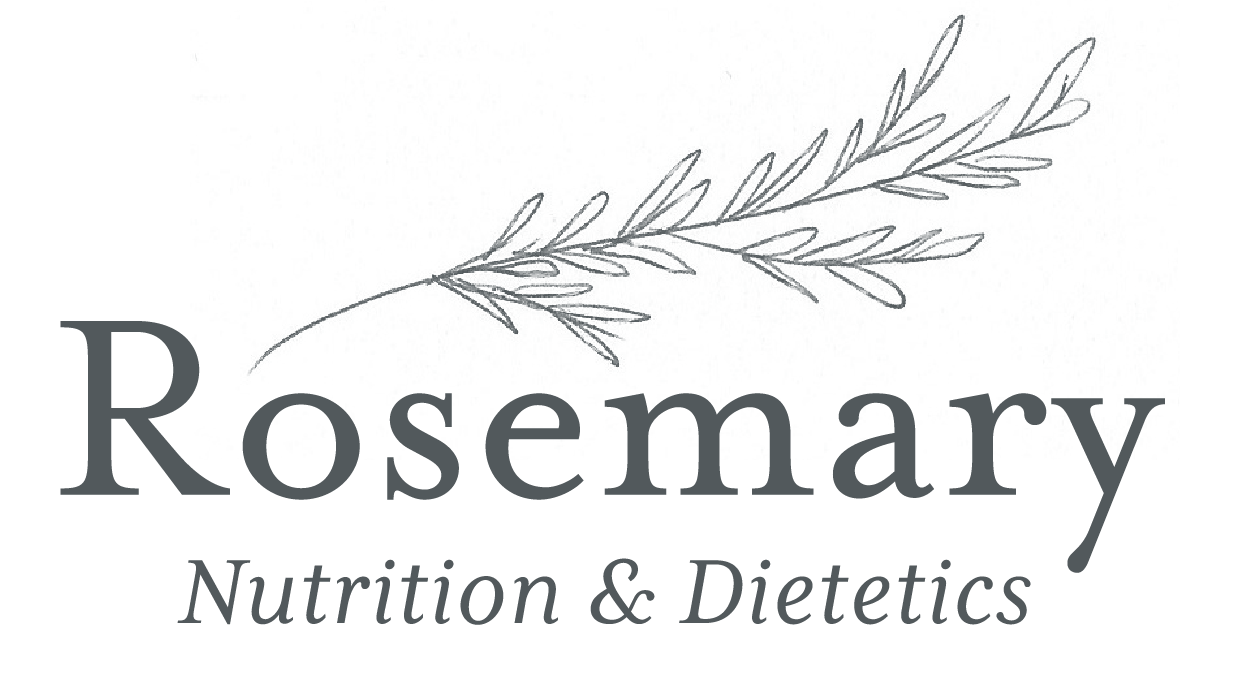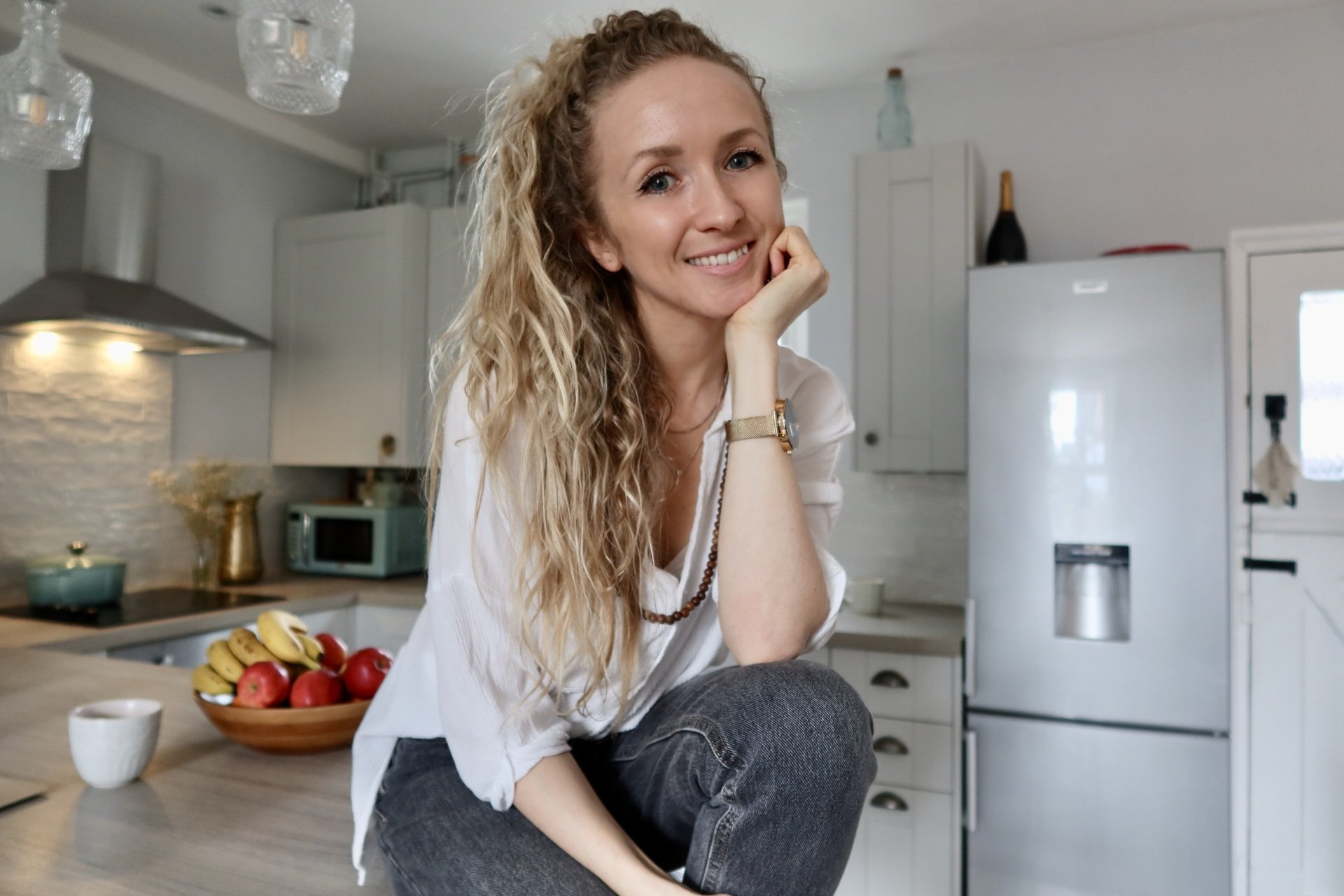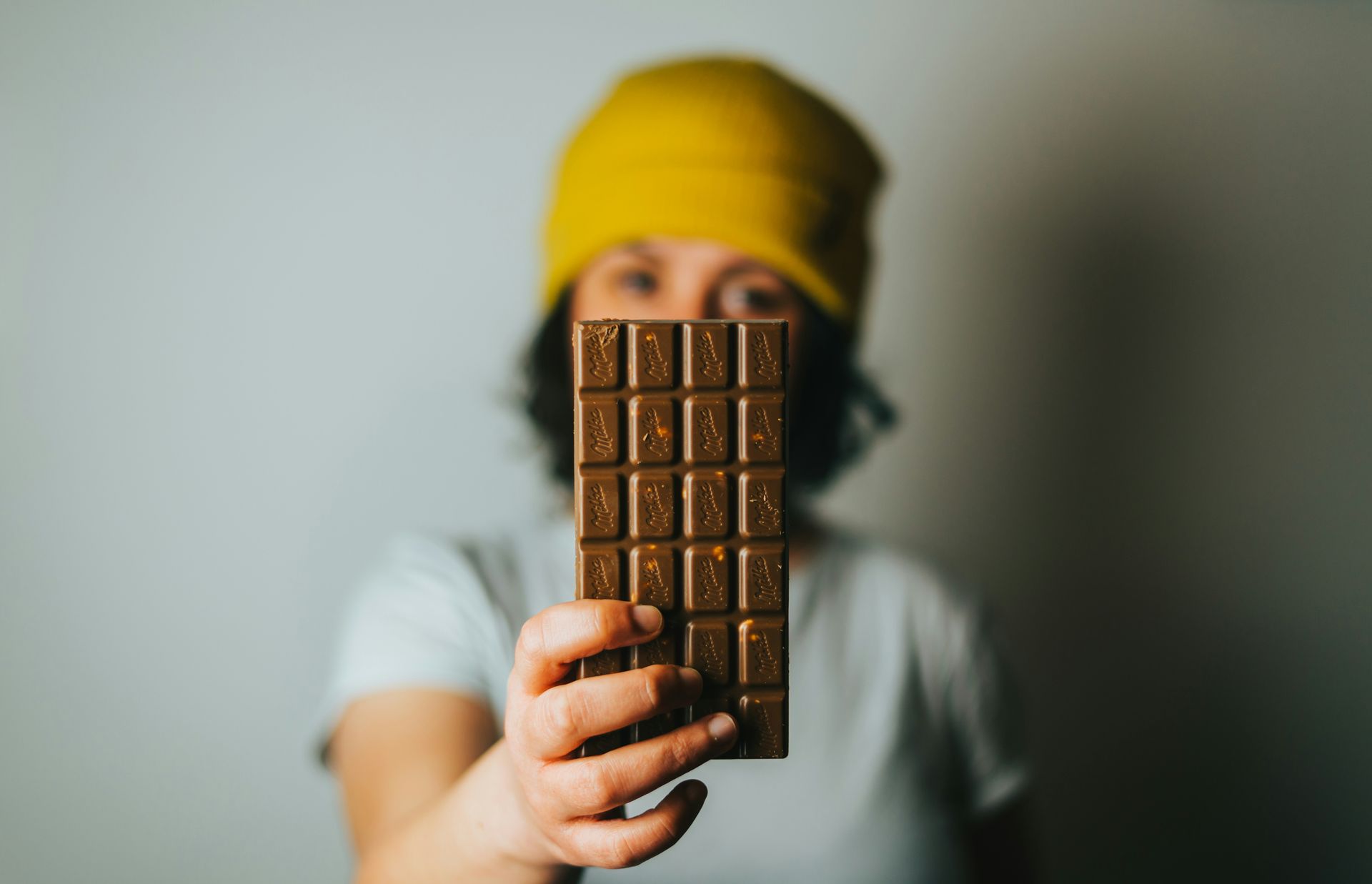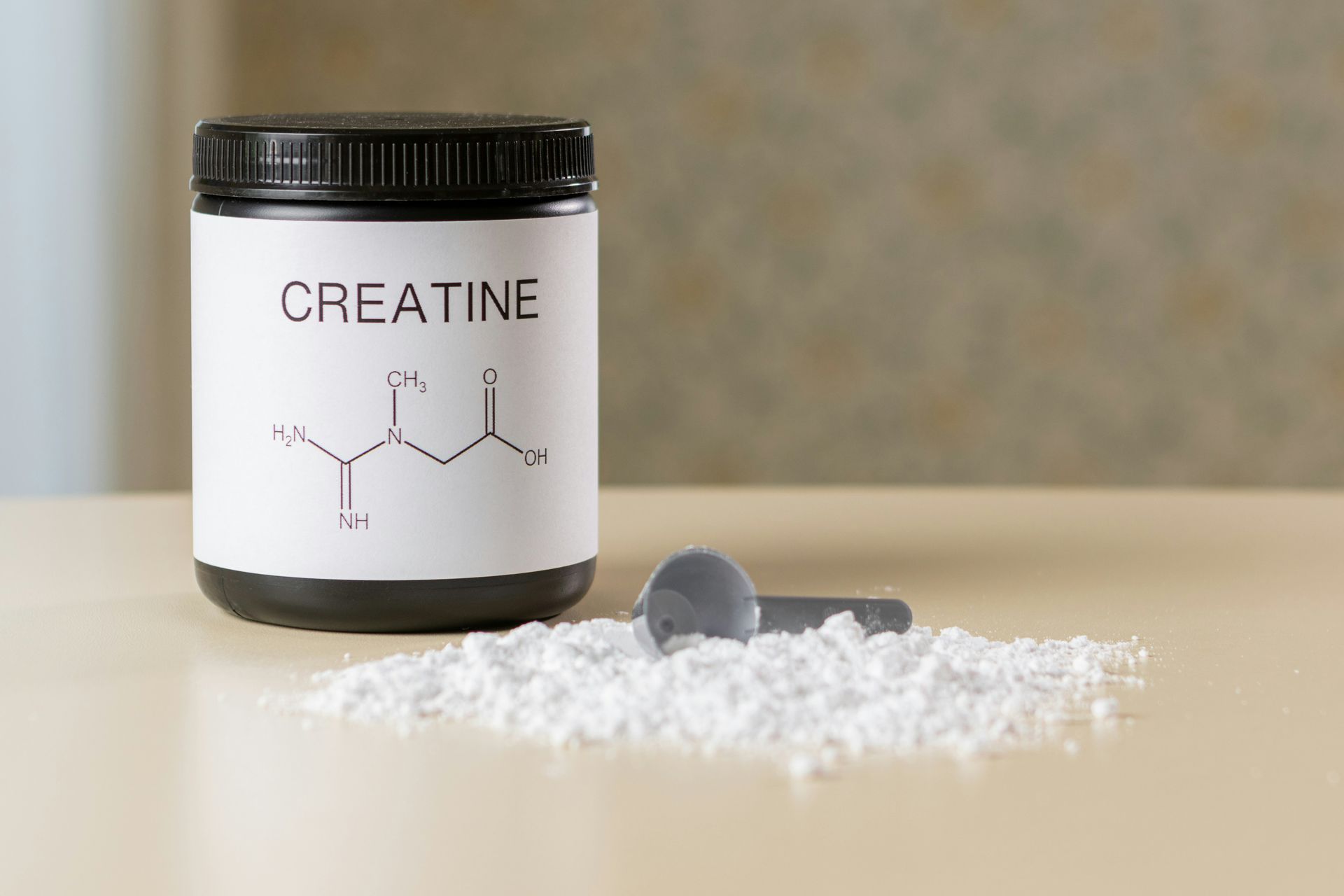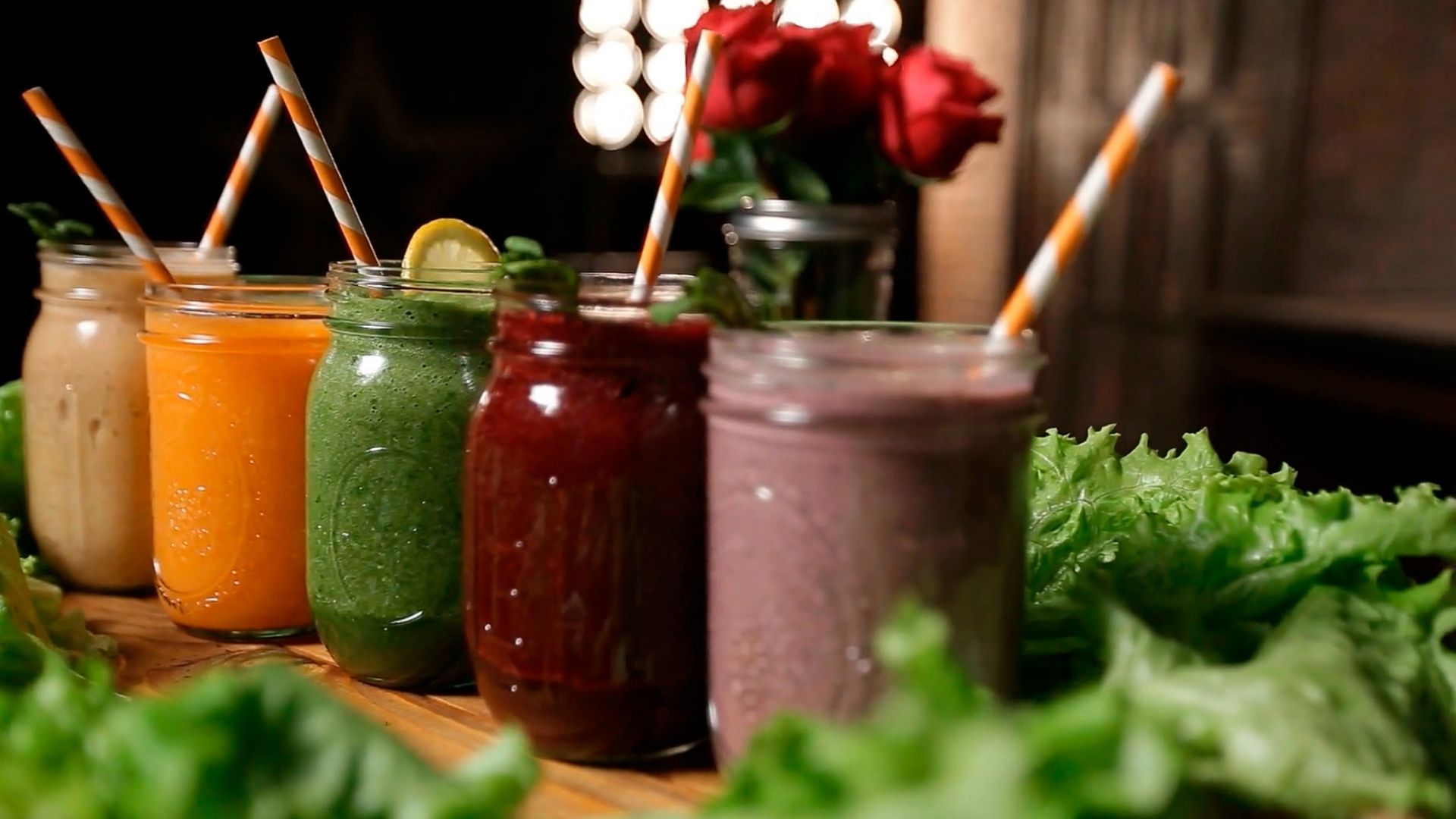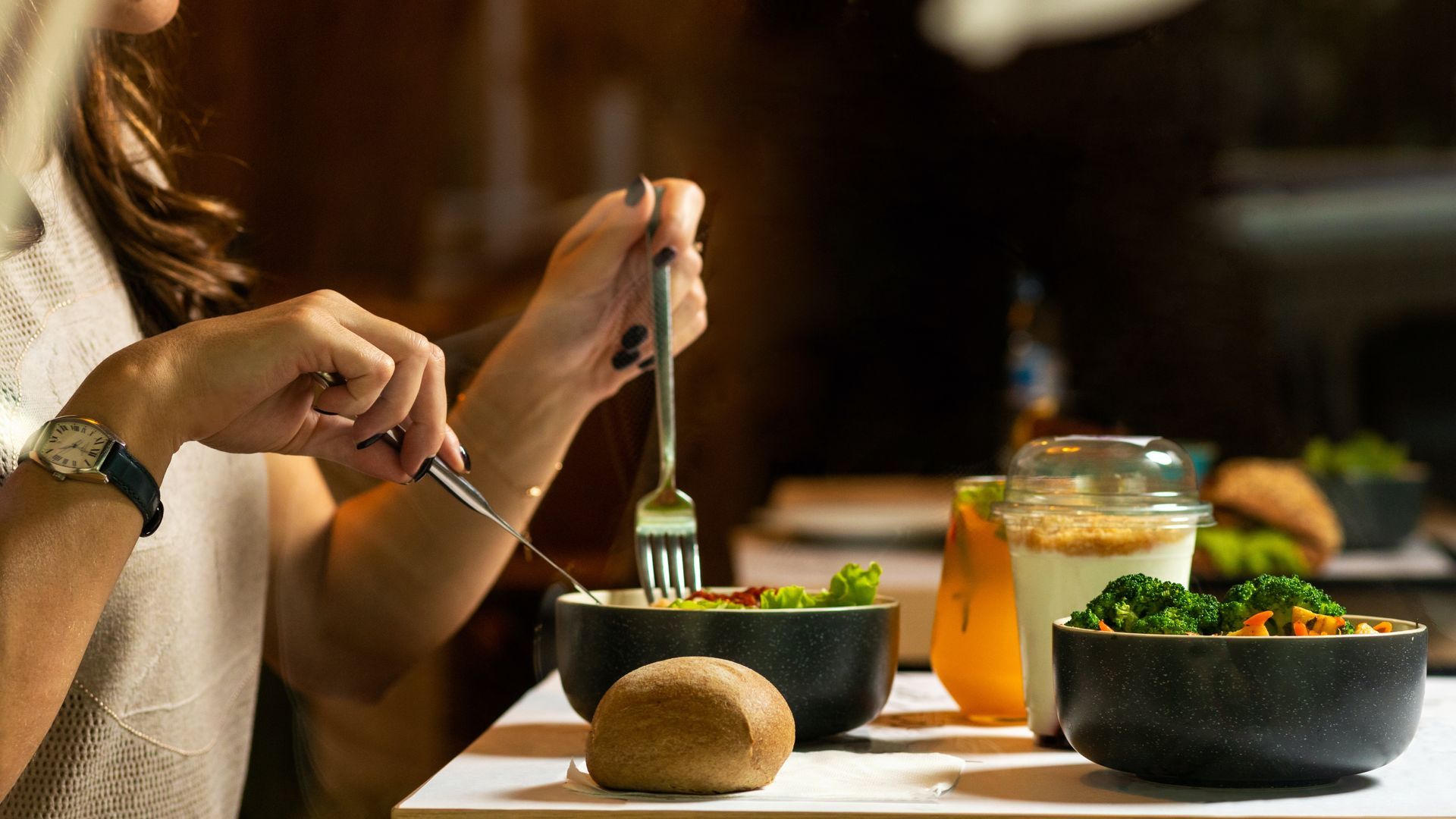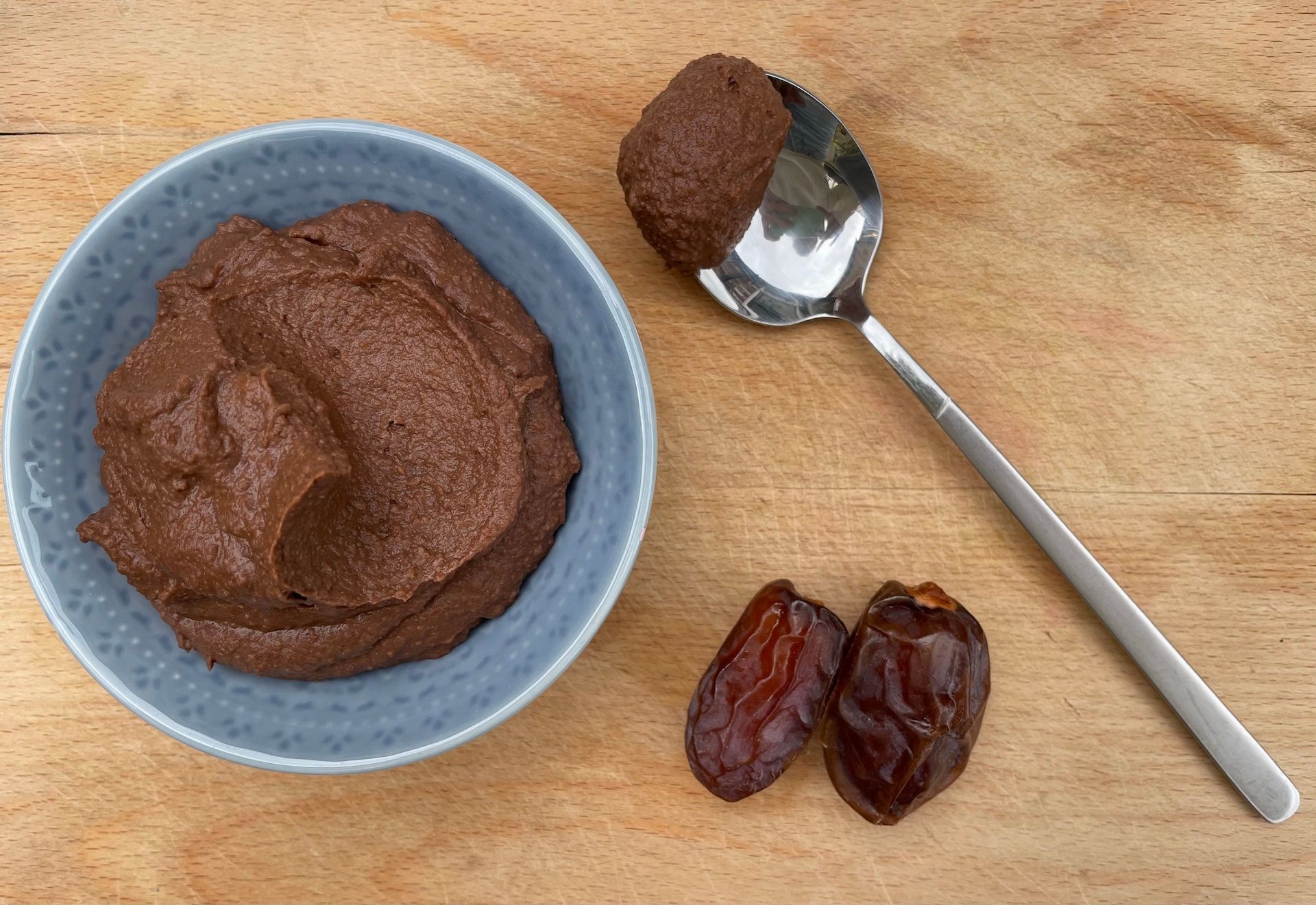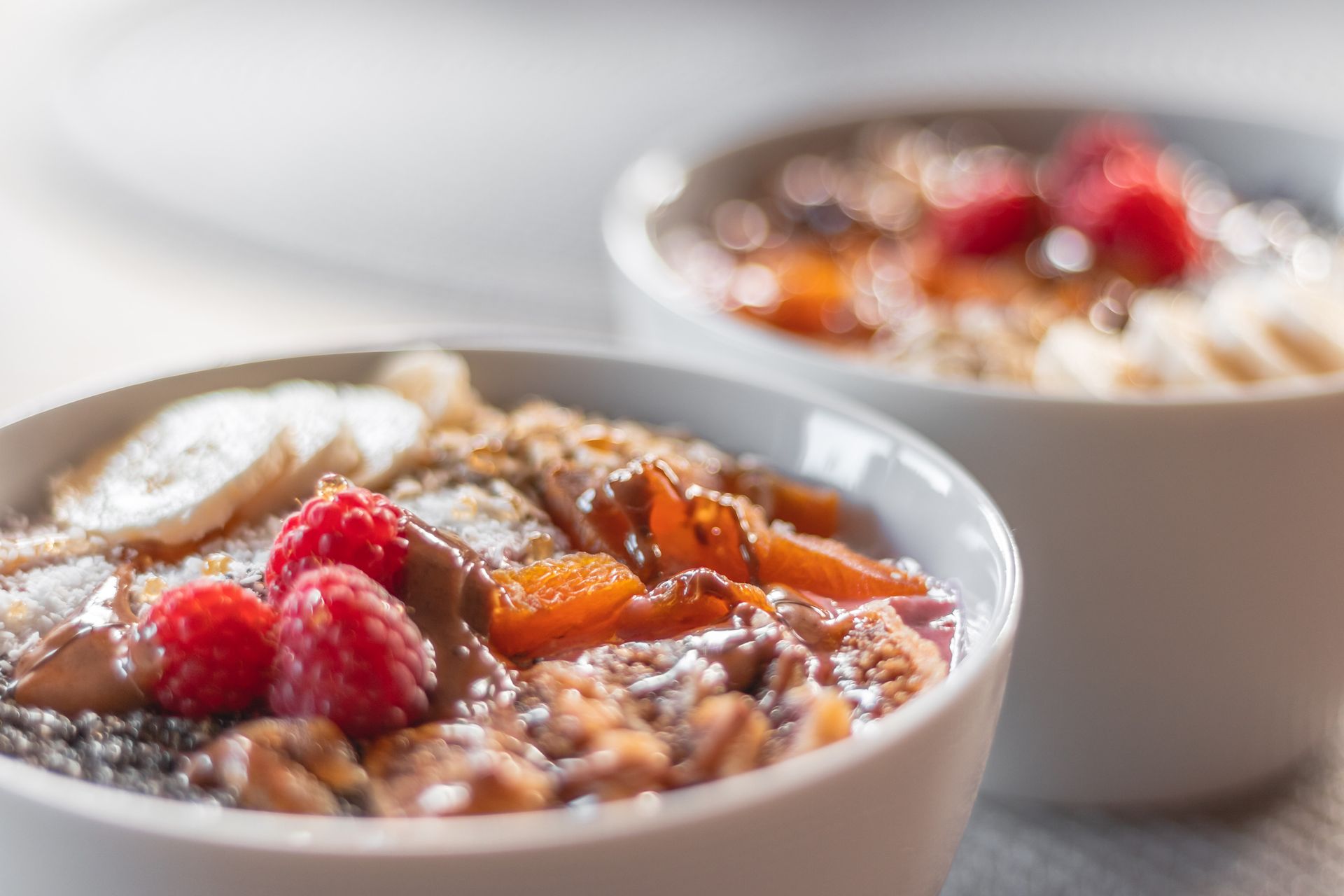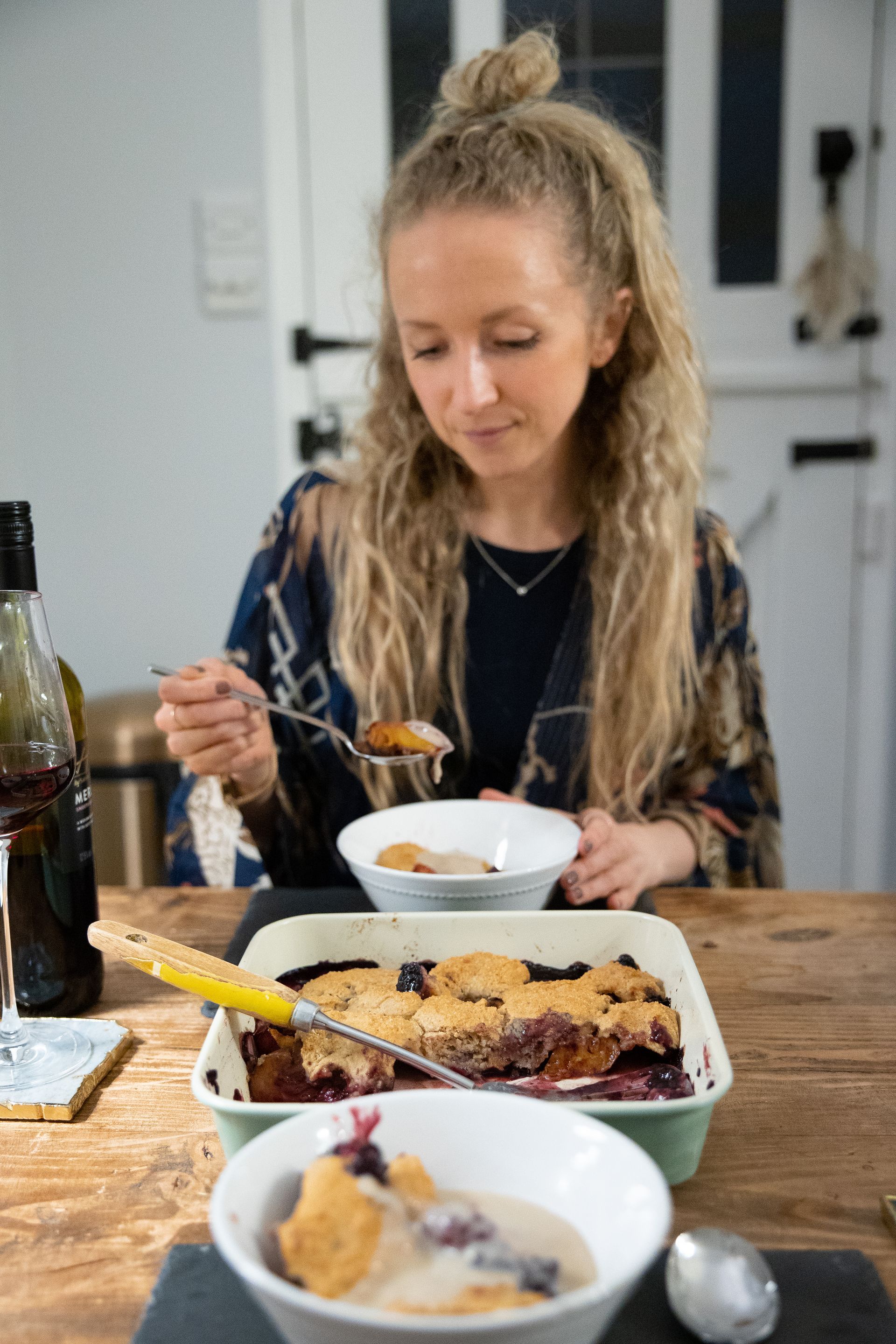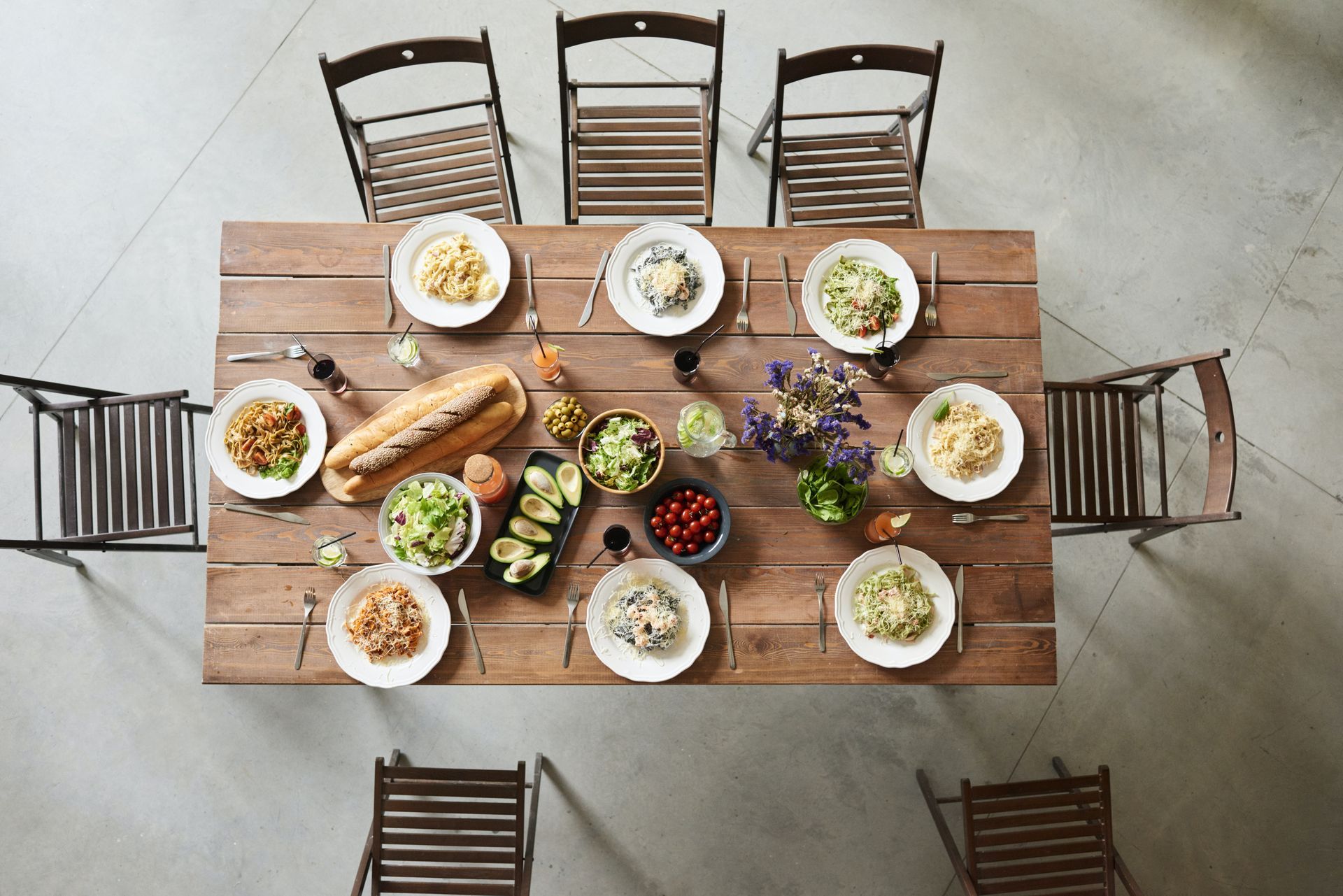Say Hello
Join our newsletter
Join our newsletter
Should I Count Calories?
What are calories?
A calorie refers to a unit of energy, known as a kilocalorie (kcal). We use calories to measure how much energy is stored in our food. Technically, one calorie is the energy required to raise the temperature of 1ml water by 1°C.
In the UK, broad recommendations exist to guide the population on how many calories we should be consuming each day. You may have heard the recommendation of 2000kcal for women and 2500kcal for men. This however, is a very simplistic way of looking at food intake. You energy requirements depend entirely on your unique body and lifestyle. Factors that alter your energy needs include your weight, body composition, activity level, gut microbiome, age and health status, amongst many others.
Are all calories equal?
The short answer is no, not all calories are equal. This is where the theory around counting calories falls down. We can’t compare the calories in different foods because our bodies handles them in very different ways; our bodies are not simply energy-burning machines, they work in a much more complex way.
Let's look at an example. We cannot compare the 50kcal in a bowl of cherries to the 50kcal in a couple of boiled sweets. The first big difference is the nutrients they contain within those 50kcal. Our bodies require nutrients for thousands of different reactions that are happening at any one time that support our health; measurement of calories totally overlooks this. Cherries are far more nutrient-dense than boiled sweets, containing vitamin C, vitamin A, vitamin K, magnesium and calcium as well as antioxidants. These nutrients support vital functions including our immune system and skin health. Cherries also contain fibre that feeds our good gut bacteria. The boiled sweets on the other hand, contain little other than refined sugar.
The accuracy of measuring calories is also a problem. This is particularly evident when we consider the ‘thermogenic’ effect of food, meaning the energy we require to digest the food. Coming back to our cherries, our bodies need to work a little harder to get to the sugars contained within the plant cell walls, whereas the boiled sweets break down easily and the sugars quickly enter our blood stream. This not only effects the total calories we get from foods, but also how quickly we get hungry again after eating, due to the impact on hunger hormones such as leptin, ghrelin and insulin.
If someone came to my clinic with their calorie intake over a day, it doesn’t tell me anything about whether their diet is nutritious and balanced. Those calories could be purely from chocolate bars and sugar-sweetened drinks, or exclusively from whole fresh foods. Calories do not reflect the quality of a diet.
Let's talk a little more about fibre
We may not realise it, but fibre has a big impact on how much we eat. When we eat foods high in fibre, the volume of those foods is generally bigger. This means that we fill our stomach more quickly. Consider your favourite chocolate bar; you could probably eat this 250kcal snack pretty quickly and easily. Now try to eat the same number of calories in apples; you would need to eat 3 whole apples to reach 250kcal, which may be a little more of a struggle (and a lot more chewing!). Foods that are higher in fibre, and often water too, are low energy-dense foods. This means you can eat a similar weight, or even an increased weight of the food compared to high energy-dense foods, but you will feel more satisfied with less energy (and often more nutrients).
Remember that fibre comes exclusively from plant foods such as fruits and vegetables, whole grains, beans, nuts and seeds. This is why when some people move to a more whole, plant-based diet, they experience a decreased body weight without even trying. It is also why people on a plant-based diet may need to eat an increased volume of food to maintain their weight or sports performance.
As mentioned, fibre is also key in taking good care of our gut microbiome. When our ‘good’ gut bugs break down fibre, they produce short-chain fatty acids, like butyrate, that go on to have many positive effects including optimising our immunity, regulating our blood sugar, improving our mood and helping us to control our hunger hormones and therefore our food intake. None of this valuable nutrition science is captured when we focus on calorie intake.
Should we count calories?
The concept of calories is based on truths. At a very basic level, reducing your calorie intake in comparison to your energy expenditure will almost always lead to a reduction in weight, so many people who count and restrict their calories will see their desired outcome (in the short-term).
With the increasing obesity epidemic, calorie counting is seen as an ‘easy-fix’, but as we have discussed, the doesn’t tell us about our nutritional wellness. In addition, calorie counting rarely leads to long-term success with weight management. It is easy to consider high calorie foods as ‘bad’ and to be avoided, and low calorie foods to be seen as ‘good’. Understanding the nuances of nutrition, which is inherently a complex science, is much more difficult.
Consider the menu choices for nurses on a busy ward. These workers are on their feet all day, using their brains and their bodies for 8-12 hour shifts caring for vulnerable patients. When their lunch break rolls around, would the best option be a leafy salad followed by a zero sugar jelly and a biscuit, or a Buddha bowl filled with whole grains, plant proteins and roasted vegetables, followed by berries topped with plant-based yogurt? The former will be lower in energy, but will probably lead to a loss of concentration, fatigue and ravenous hunger no longer after. The Buddha bowl will certainly have more calories, but these are wrapped up in a nutritious package with vitamins, minerals, fibre and phytonutrients, supporting them to feel focused and energised throughout the afternoon. So it’s not about finding something with the lowest calories possible, it’s about getting the right fuel that will make us feel good day to day, and support our long-term health. Let’s focus on better nourishment, not calorie restriction.
How else can we measure our intake?
Calories break food down into numbers, which is no fun at all. Food is an important part of the human experience, whether it be cultural, emotional, social, or nutritional. Instead of focusing on calories, I recommend we all focus on better nourishment by:
- using whole, fresh plants as a predominant part of every meal
- diversifying the colours on our plate to expand the range of nutrients and phytochemicals, as well as make our meals more visually pleasing
- choosing whole grains over refined grains to increase the fibre and micronutrients
- cooking from scratch where we can
- getting a nice balance of food groups – fruits and vegetables, high protein foods, starchy carbohydrates and healthy fats (see here for a nice overview of what this looks like)
It can be really hard to let go of something our culture has taught us to value; calories are listed on almost all food products, and now on every restaurant menu. Lower calorie foods can be helpful if you are trying to reduce your body weight, but there are better ways to do this than choosing foods labelled ‘low calorie’.
In addition to choosing more whole plant foods, aim to start focusing on your own feelings of hunger and fullness. This is something we call ‘interoceptive awareness’. Our bodies have been regulating our energy intake for thousands of years without calorie counting, and our bodies are amazingly clever once we reconnect with what they are telling us.
It is important to note that if you have an eating disorder, or any medical condition that impacts your appetite or ability to regulate your food intake, make sure you work with a professional. For some people, calculating calories may be an important part of managing their condition.
Rosie is a plant-based registered dietitian, founder of Rosemary Nutrition & Dietetics, and works both in the NHS and as a freelance dietitian.
You can contact her with any queries via Rosemary Nutrition & Dietetics on rosie@rosemarynutrition.co.uk or follow her on Instagram at @plantdietitianrosie
